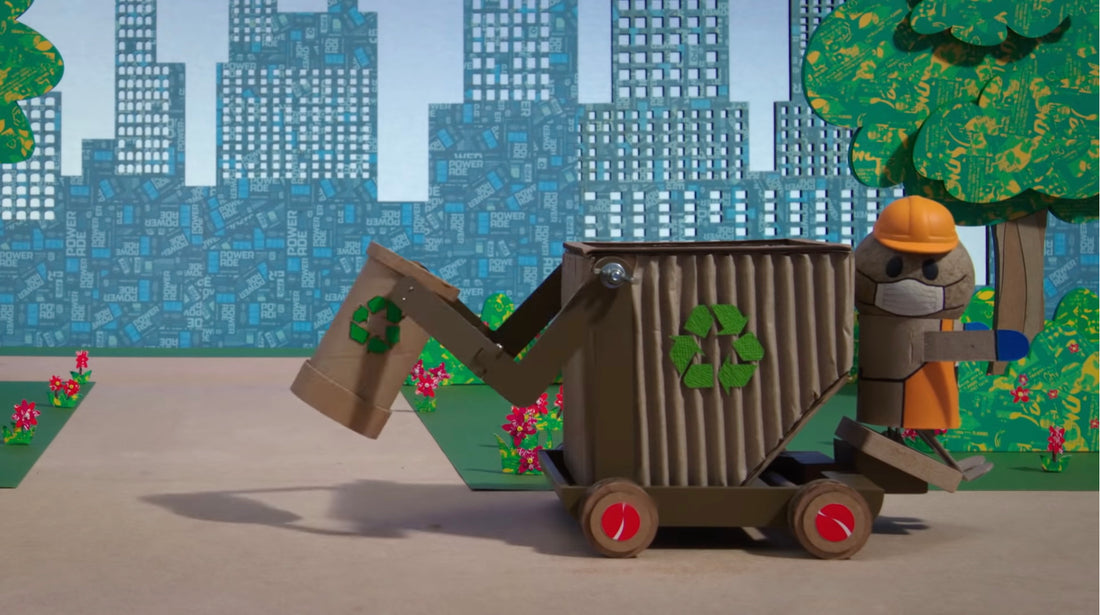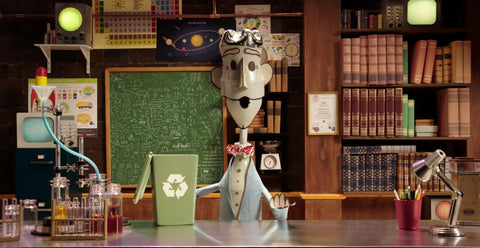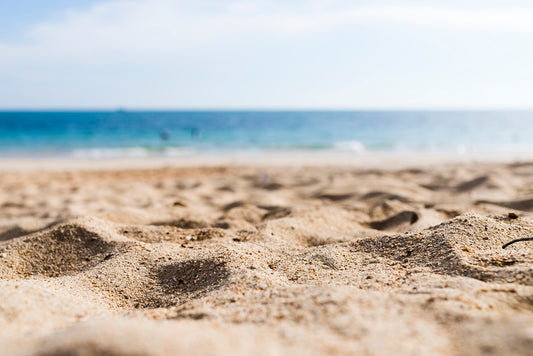How do we stop single use plastic and minimise plastic waste in our environment.

On average, Australians use 130kg of plastic per person each year. And us Aussies generated 2.5 million tonnes of plastic waste in 2018-2019 fY. That’s 2.5 million tonnes more than it needs to be!
Households are the largest contributor, accounting for 47% of all plastic waste and single use plastic is by far one of the most preventable wastes in our control.
Why it's important - It is important for us to minimise this weight on our environment so future generations can enjoy the same clean waterways and environment that generations before us have had, so life can thrive and not just survive.
What do to with waste - We can do a few small things that make a big difference. Reuse, Recycle, Upcycle.
Plastic is a marvellous material when used property and respected.
It qualities - high stiffness and toughness, corrosion resistance, is bio-inert, high thermal/electrical insulation, non-toxicity and outstanding durability at a relatively low lifetime cost compared with competing materials; hence plastics can be very resource efficient.
How to minimise its impact - Single use plastic is by far one of the most preventable wastes that we can control. And it’s never too late to start for People and Planet. Let’s look around the house at what we can re-use. Plastic bags, containers and plastic cups – great for growing plants or DYI bath toys. Takeaway containers – great for leftovers in the fridge – all these little things add up to make a huge difference.
Purchase habits – do those bananas, fruit and veg really need another plastic skin around them, or did nature build them with the most efficient biodegradable skin! – ditch that bag. Buy once buy well, natural fibres, good quality products that last, and brands that offer re-fills so you can re-use this marvellous material – will all maximise the lifecycle and minimise our environmental effect.
And if it’s not being re-used lets close the loop and recycle it. Clean it, sort it and recycle it in the correct bin. Or take it to a facility that can. Here’s a video from Coca-Cola on closing the loop.
As part of Saba Organics commitment to People and Earth, we are committed to building a sustainable business for our employees, customers, and communities through our products. We are aiming for a net-zero carbon future and delivering this through sustainable farming practices and the materials we use.
ACO certified
Saba Organics is 100% ACO Certified Organic using ingredients you can trust.
Australian Certified Organic farming and ingredients use fully transparent and sustainable practices, which benefit our environment and future generations.
When choosing certified organic you are choosing ethical and sustainable growing methods for generations into the future.
Biodegradable
We have commitment to use fully biodegradable and recyclable bottles and packaging by 2023.
Our cardboard is made from recycled material that is also fully recyclable and biodegradable.
Refills
As part of Saba Organics commitment to People and Earth, we have made a commitment to product refills. This will reduce our plastic footprint by 88% per product.
We are committed to building the safest and most sustainable products on earth.
Transparency
Transparency is at the heart of everything we do, starting with what goes in our bottles.
As part of Saba Organics ongoing commitment to People and Earth, we are committed to nurturing a sustainable business for our employees, customers, and communities through the safest and most sustainable products on earth. This gives us and you peace of mind when using any Saba Organics product.
Plastic is a step on the way to our net free and biodegradable future and by doing our bit we can reduce its burden on our earth with your help.
To find out more about how you are doing your bit to support the environment visit our sustainability page - HERE





